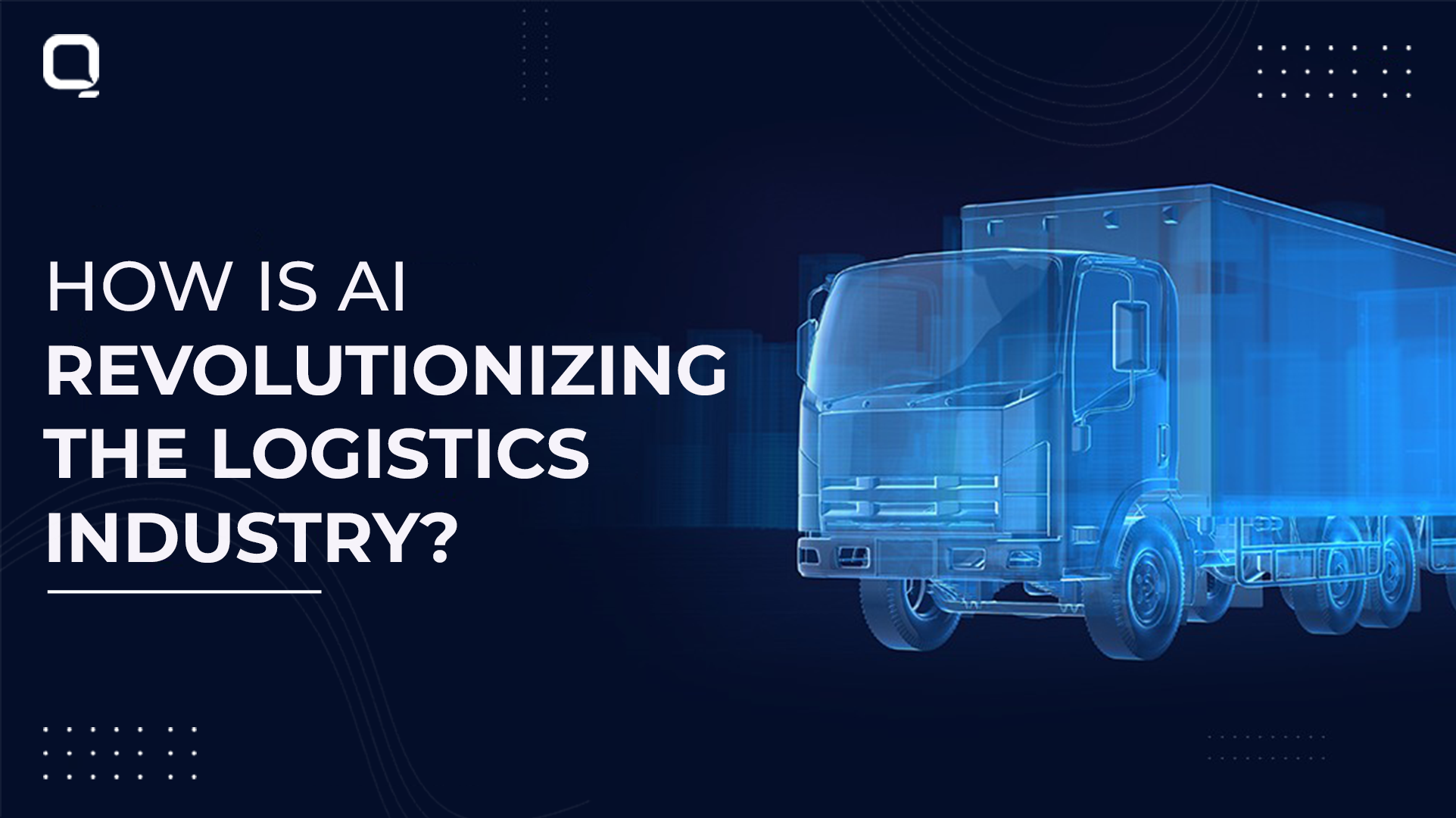
The Role of AI in Transforming Logistics

The Role of AI in Transforming Logistics
In today's fast-paced world, the logistics industry is undergoing a remarkable transformation, and artificial intelligence (AI) is at the forefront of this revolution. From optimizing routes to managing supply chains, AI is redefining the way we move goods and manage resources.
1. Route Optimization: AI algorithms analyze vast amounts of data to determine the most efficient routes for transportation. This not only reduces fuel consumption but also ensures timely deliveries, enhancing customer satisfaction.
2. Predictive Maintenance: AI helps in predicting when a vehicle or equipment is likely to fail, allowing for proactive maintenance. This minimizes downtime and keeps the logistics chain running smoothly.
3. Supply Chain Management: AI enables real-time tracking of inventory levels, demand forecasting, and supplier performance. This leads to better decision-making, reduced waste, and optimized inventory levels.
4. Warehouse Automation: AI-powered robots and automation systems are revolutionizing warehouses. They can sort, pack, and move goods with precision, increasing efficiency and reducing human error.
5. Enhanced Customer Experience: AI-driven chatbots and virtual assistants provide instant support to customers, answering their queries and providing real-time updates on their shipments. This enhances customer satisfaction and loyalty.
6. Data-Driven Insights: AI analyzes historical data to provide insights and trends, helping businesses make informed decisions. This includes identifying patterns, forecasting demand, and optimizing operations.
As AI continues to evolve, its impact on the logistics industry will only grow, making processes more efficient, reducing costs, and improving the overall customer experience. Embracing AI in logistics is not just a trend; it's a necessity for staying competitive in the modern world.
Follow us for more insights into how technology is transforming industries!